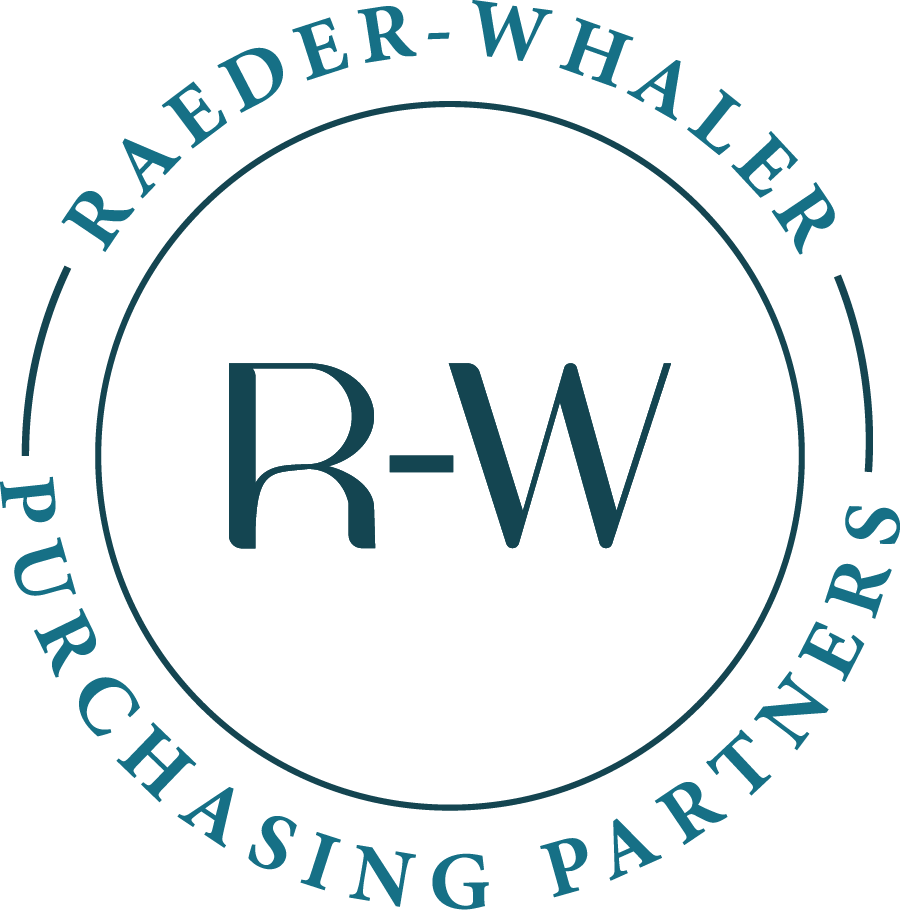Innovation and Resilience in Tariff Management: How R-W Empowers Clients Amid Economic Uncertainty
In a world where supply chains and trade policies can shift overnight, the ability to adapt — and adapt smartly — is essential. For nearly four decades, R-W has built an expansive, global network of suppliers, designed not only for efficiency but for resilience. Today, as the tariff landscape evolves and economic uncertainties grow, we remain steadfast in our commitment to innovation, risk mitigation, and client empowerment.
Trusted Partners Through Changing Times
At R-W, we have always seen ourselves first and foremost as consultants and trusted partners to our clients. In times of economic uncertainty — particularly when tariffs impact global sourcing — our role is to navigate the complexities with agility and precision. We collaborate closely with vendors, designers, and ownership teams to anticipate challenges, mitigate disruptions, and find creative, informed solutions that keep projects moving forward smoothly.
Our extensive vendor relationships, cultivated over decades, allow us to advocate powerfully for our clients and pivot sourcing strategies as needed — a key advantage that sets us apart from competitors.
The Realities of Tariffs: Beyond Borders
In recent years, tariffs stemming from U.S.-China trade relations have had the greatest impact on our industry. However, one important misconception persists: tariffs are not always applied strictly based on the country where a product is assembled. Frequently, tariffs are determined by the origin of individual components within a product’s supply chain. We work closely with vendors to trace component origins, optimize sourcing, and minimize unnecessary tariff exposure — turning complexity into opportunity for our clients.
Strategies for Tariff Management and Risk Mitigation
In today’s volatile market, tariff management requires more than just responsiveness; it demands strategy, vigilance, and strong relationships.
Our key approaches include:
-
Supplier Diversification: We partner with vendors that have multiple production locations globally, allowing us to shift sourcing away from high-tariff regions as needed.
-
Contract Renegotiation: When feasible, we renegotiate terms to ensure pricing remains favorable despite changing external conditions.
-
Advocacy for Clients: Our Field Project Specialist, Roberto Calderon, works directly with factories to secure production slots for our clients, minimizing potential delays when global supply chains face bottlenecks.
-
Real-Time Monitoring: We maintain constant communication with vendors and logistics partners to stay ahead of shifting geopolitical dynamics.
Additionally, by leveraging our buying power, we have, in some cases, successfully negotiated with vendors to absorb a portion of if not all tariff costs, directly benefiting our clients through cost savings.
Innovative Tools to Navigate Complex Supply Chains
Beyond relationships and strategy, technology and analytics are increasingly critical tools in effective tariff management. R-W is actively enhancing its reporting capabilities to provide clear, itemized cost breakdowns showing where and how tariffs might impact pricing.
With a dedicated software developer on staff, we continue to invest in innovations that give our clients a clearer, more actionable view of their supply chain costs — helping support predictable budgeting and risk mitigation even amid volatility.
Client Benefits: Stability in Unstable Times
The direct benefits of our approach are clear:
-
Cost Savings through strategic sourcing and vendor negotiations
-
Predictable Budgeting even in an unpredictable tariff environment
-
Supply Chain Reliability through constant communication and agile pivoting
-
Risk Mitigation by providing informed, proactive strategies based on up-to-the-minute data
We don’t just help clients react to change — we empower them to anticipate it and stay ahead.
Looking Ahead: Preparing for the Future of Tariffs
The next 12 to 24 months will likely bring continued evolution in tariff policies. Shifting trade agreements, political changes, and economic conditions will all play a role in shaping the future.
While some long-term stability may eventually emerge, in the interim, agility and strategic foresight are more important than ever. Our plan is simple but powerful:
-
Stay informed about global developments
-
Strengthen strategic vendor partnerships
-
Maintain flexibility to pivot sourcing strategies
-
Continue investing in reporting and analytics to give clients a competitive edge
Navigating today’s tariff landscape requires evaluating the full supply chain, not just the country of final assembly. Now more than ever, risk mitigation and tariff management are essential components of project planning and execution for FF&E and OS&E procurement.
Building Resilience Together
While broader trends like reshoring and automation are developing, we recognize that meaningful domestic manufacturing growth will take time — and serious investment. In the meantime, our focus remains on supporting our clients with resilience, creativity, and trusted partnership.
At R-W, innovation and resilience aren’t just buzzwords — they are the foundation of how we help our clients succeed, no matter how complex the challenge.
Partner with R-W Purchasing Partners for Smarter Procurement
At R-W Purchasing Partners, we’re committed to delivering cost-effective, high-quality solutions tailored to the unique needs of your business. Whether you’re looking for strategic sourcing, vendor management, or procurement optimization, our team is here to help you achieve exceptional results.
Like this article? Spread the word!
Related Posts
April 16, 2025
Streamline Hospitality Procurement with R-W Purchasing Partners: Expert FF&E & OS&E Solutions
Streamline your hospitality procurement with R-W Purchasing Partners. Offering expert…
April 1, 2025
FF&E Procurement vs. OS&E Procurement: Key Differences and How to Manage Both
Struggling with FF&E and OS&E procurement? Discover the key differences and R-W…
September 30, 2024
Joy International’s Silent Auction
R-W facilitated sponsorship for Joy International's silent auction on September 22,…





